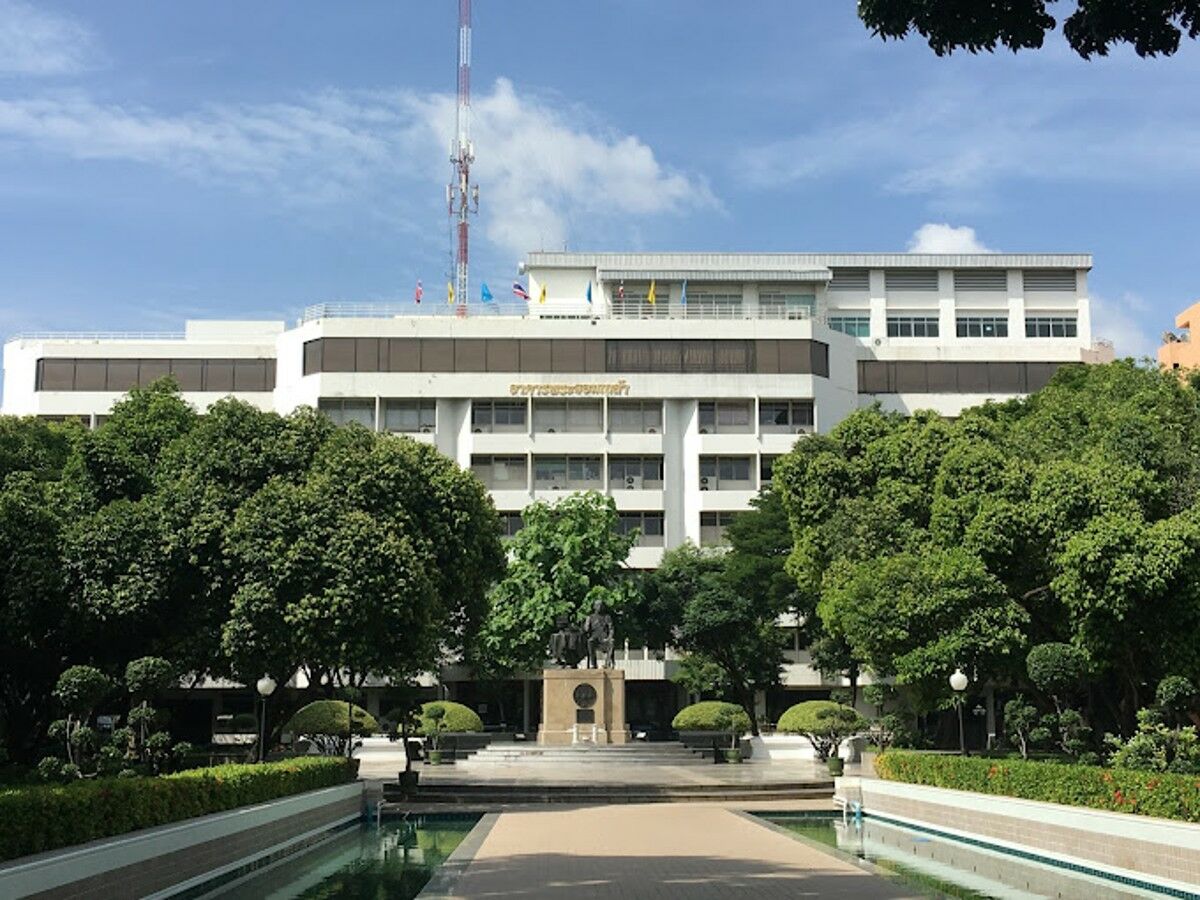Thailand unveils five new higher education sandbox programmes

Thailand is set to introduce five new higher education sandbox programmes aimed at producing graduates to meet market demand and attract foreign investment. The Ministry of Higher Education, Science, Research and Innovation (MHESI) announced the initiative yesterday, October 9, highlighting its focus on areas with high demand for skilled professionals.
The new programmes will target semiconductor engineering, cybersecurity, K-Engineering Work-integrated Learning (WiL), advanced biomedical sciences and health business innovation, and rail system engineering. Minister Supamas Isarabhakdi stated that the ministry will collaborate with 15 educational institutions to develop these programmes, aiming to produce highly skilled graduates and create a new growth engine for the country.
Eight leading private firms in Thailand will support the development of these programmes by providing experts, tools, and training opportunities. These firms will also offer employment to students after graduation, enhancing the practical experience and job prospects for graduates.
“Cybersecurity professionals are in high demand.”
Supamas added that workers looking to change careers can enrol in the programme to earn a second degree and find new employment opportunities.
Supachai Pathumnakul, the ministry’s permanent secretary, confirmed that the implementation of the sandbox initiatives would be expedited once they receive final approval. A systematic process for monitoring and evaluating management will be put in place to ensure that graduates from these programmes are highly qualified and ready to enter the labour market.
The five programmes are expected to be launched in the next academic year, addressing immediate needs in rapidly growing sectors.
Siriporn Pittayasophon, acting director of the Office of National Higher Education Science Research and Innovation Policy Council (NXPO), explained that the sandbox programmes adopt both a bottom-up and a top-down approach. The bottom-up approach involves educational proposals submitted to the ministry, while the top-down approach is initiated by the ministry in collaboration with universities and the private sector to address workforce shortages.
“Eleven previously approved proposals are expected to produce 19,695 highly skilled workers within the next 10 years.”
Pittayasophon underscored the significant impact these initiatives are projected to have on Thailand’s labour market.
The concerted effort between the government, educational institutions, and private firms aims to not only meet current market demands but also position Thailand as a competitive player in sectors critical to technological and industrial advancement, reported Bangkok Post.
Latest Thailand News
Follow The Thaiger on Google News:


























